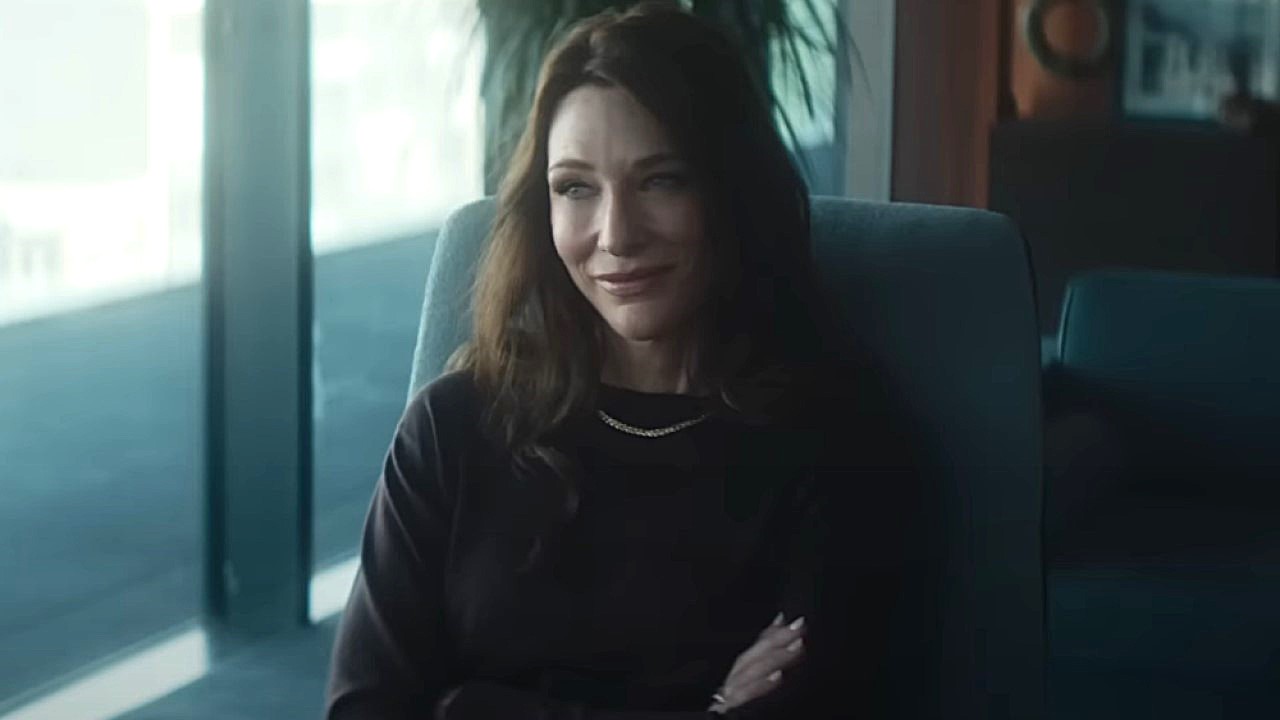A strange combination of sci-fi imagination and low-tech wizardry has made all of Michel Gondry’s feature films and music videos unique unmatched experiences. The French director always manages to find a cheeky wonder in the ordinary, be it Legos transformed into a rock band or a painful breakup eased by memory-erasing technology.
In Be Kind Rewind Gondry turns to one of his most ordinary subjects yet, a dejected video store in dingy Passaic, New Jersey, and uncovers his most whimsical and accessible film. A comic fable with a story straight out of an early-90s childrens’ comedy, Be Kind Rewind hitches Gondry’s avant garde visual trickery to a heartwarming tale about the magic of small towns and filmmaking. The intellectuals may miss the boldness of his earlier work, but Gondry’s latest is too well-meaning and imaginative not to love.
Mos Def stars as Mike, a sweet, shy guy who has worked all his life at Be Kind Rewind, the video and junk store owned by his surrogate father Mr. Fletcher (Danny Glover). He reluctantly pals around with Jerry (Jack Black), who works at the junkyard down the street and holds a strange vendetta against a nearby electrical plant. On the weekend when Mr. Fletcher leaves town to research other video stores in nearby New York that have switched to DVD, Jerry becomes accidentally magnetized when an attempt to sabotage the electrical plant goes wrong. As soon as Jerry steps into Be Kind Rewind, he accidentally erases all the tapes in the store.
Batty neighbor Miss Falewicz (Mia Farrow) is taking calls from Mr. Fletcher each night to keep him up to date on the store, so when she asks Mike and Jerry for a copy of Ghostbusters, they panic. Unable to get another copy, they decide to reshoot it themselves—“I’m Bill Murray, you’re everybody else,” Jerry tells Mike—figuring she’s never seen the original anyway. Their version takes place entirely in the local library and is 20 minutes long, but when some of the thuggish guys in the neighborhood get a look at it, they want more.
Jerry makes up the term “sweding” for what they do to films like Rush Hour, King Kong and even 2001: A Space Odyssey, establishing a miniature local film industry with the help of a dry cleaner employee (Melonie Diaz) and neighborhood residents. The fun is interrupted, though, by the classic bigwigs in suits, who want to tear down Be Kind Rewind and build a cleaned-up downtown area. Mike decides that, to save the neighborhood, they will band together to make a movie about Fats Waller, the jazz musician who is Mike’s hero.
The idea of a downtrodden town saving itself through the power of movies is hokey enough to make anyone cringe, but the cast jumps in with such aplomb that you miss out on the fun if you don’t play along. Mike and Jerry’s home movies are hilarious as well as visually amazing; a montage of the filmmaking process is as breathtaking in its complexity as it is silly. Mos Def is genuine and appealing as the beleaguered Mike, and Black it up about five notches as Jerry, bringing his usual mania to a role that actually calls for it this time. They’re helped greatly by veterans Farrow and Glover as well as the rest of the large cast, which includes I’m Not There phenom Marcus Carl Franklin as well as dozens of Passaic residents.
It’s surprising that seeing Jack Black in a tinfoil space suit or a bad Afro wig would make you believe in the power of cinema, but Be Kind Rewind champions moviemaking by reminding us of the universal thrill of being behind and in front of the camera. Not everyone gets to watch their home videos on a screen with all their neighbors, but especially in an era of YouTube filmmaking, we all know the joy of watching tiny versions of ourselves move around on a flat surface. Add in some special effects and zingy one-liners, and you’ve got Mike and Jerry’s sweded movies.
Be Kind Rewind has none of the achy melancholy of Gondry’s last few efforts, but more of the gee-whiz ingenuity of his music videos, a genre well-suited to his tendency toward style over substance. It’s a sweet and simple story that aims to be no bigger than it is, a shaggy dog fable about dreams, community, and the transformative power of even the worst movies.
Staff Writer at CinemaBlend












